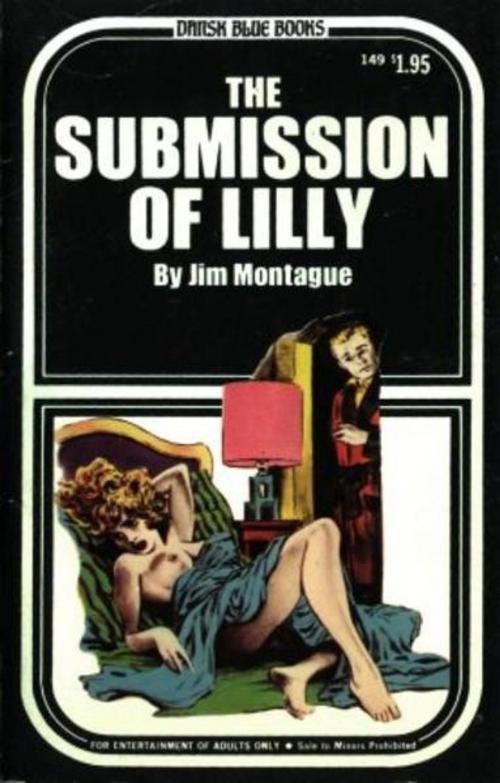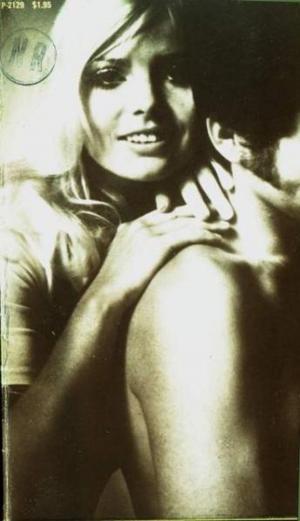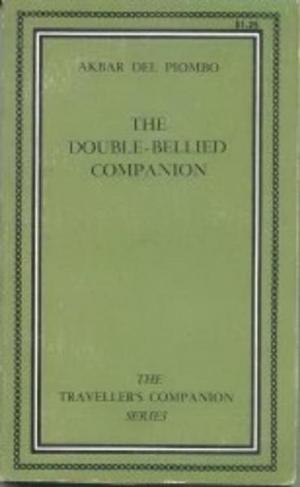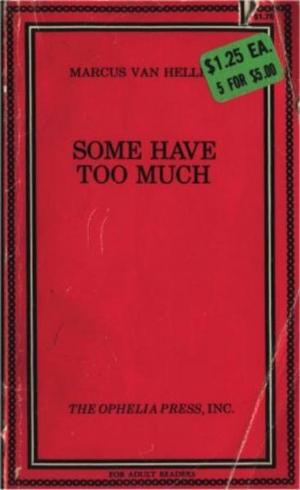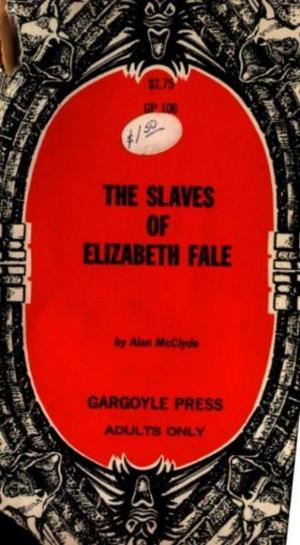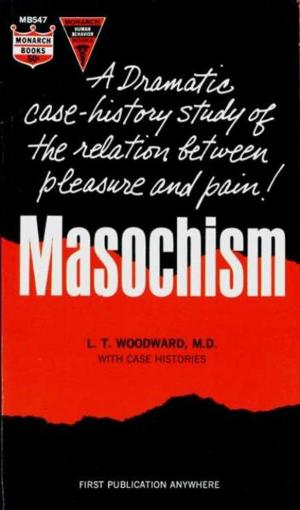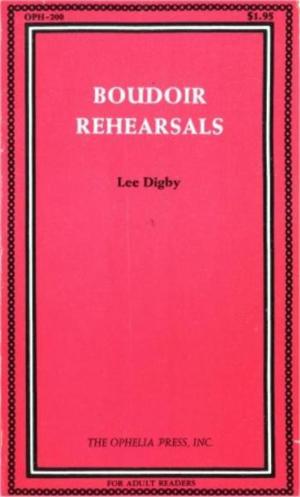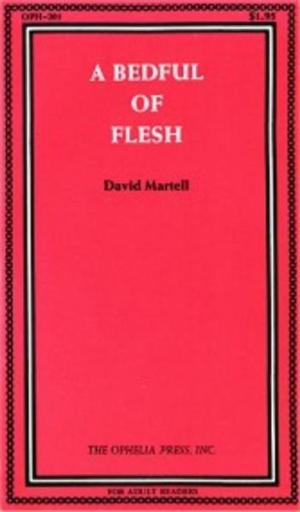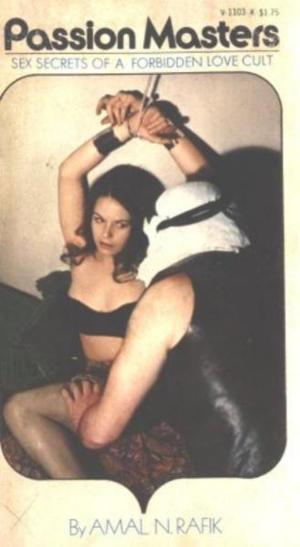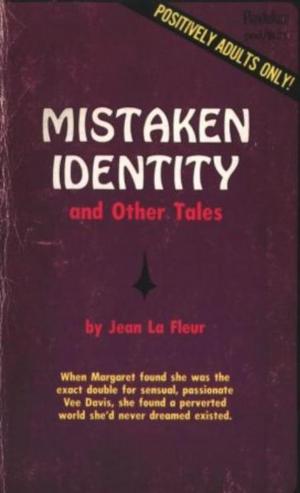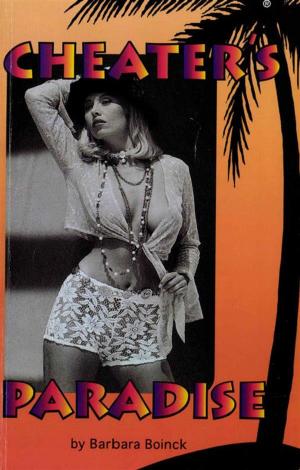| Author: | Montague, Jim | ISBN: | 9781608722525 |
| Publisher: | Olympia Press | Publication: | September 1, 2010 |
| Imprint: | Olympia Press | Language: | English |
| Author: | Montague, Jim |
| ISBN: | 9781608722525 |
| Publisher: | Olympia Press |
| Publication: | September 1, 2010 |
| Imprint: | Olympia Press |
| Language: | English |
For the uninitiated, pain may seem the very opposite of the pleasures of sex. Yet when one thinks about the subject of sex, one is often struck with the fact of certain elements of cruelty. From the friendly pat on the lovely round butt of one's girl to the sometimes sensual spankings that take place between married couples, to the more brutal fact of sex crimes, it is obvious to anyone that pain and sexuality are different sides of the same coin. The following novel does not pretend to be a treatise on the subject of pain and pleasure. Its purpose is to entertain and, only by the nature of its frank and sometimes shocking material, to educate us into accepting that basic fact of mankind that we are all capable of letting our “baser” emotions take over. Lilly, the heroine of this exciting novel, is the very ideal of a college professor's wife. She is highly intelligent, very beautiful and, like many intelligent and beautiful people, curious. Her curiosity, of course, is the story, and a wilder story of sexual degradation—and fulfillment, we might add—would be hard to find. Fortunately the author does not burden the reader with Lilly's psychological hangups. Instead, he narrates them in a drama that tells the reader that the heroine has them and leaves the diagnosis up to the individual reader. This is not a technique; this is simply good story-telling, and like the classics, its message, if one could call it that, is secondary to the pace and excitement of the story itself.
For the uninitiated, pain may seem the very opposite of the pleasures of sex. Yet when one thinks about the subject of sex, one is often struck with the fact of certain elements of cruelty. From the friendly pat on the lovely round butt of one's girl to the sometimes sensual spankings that take place between married couples, to the more brutal fact of sex crimes, it is obvious to anyone that pain and sexuality are different sides of the same coin. The following novel does not pretend to be a treatise on the subject of pain and pleasure. Its purpose is to entertain and, only by the nature of its frank and sometimes shocking material, to educate us into accepting that basic fact of mankind that we are all capable of letting our “baser” emotions take over. Lilly, the heroine of this exciting novel, is the very ideal of a college professor's wife. She is highly intelligent, very beautiful and, like many intelligent and beautiful people, curious. Her curiosity, of course, is the story, and a wilder story of sexual degradation—and fulfillment, we might add—would be hard to find. Fortunately the author does not burden the reader with Lilly's psychological hangups. Instead, he narrates them in a drama that tells the reader that the heroine has them and leaves the diagnosis up to the individual reader. This is not a technique; this is simply good story-telling, and like the classics, its message, if one could call it that, is secondary to the pace and excitement of the story itself.
